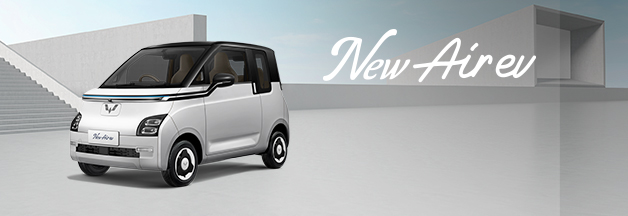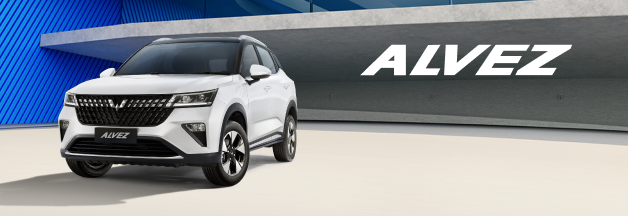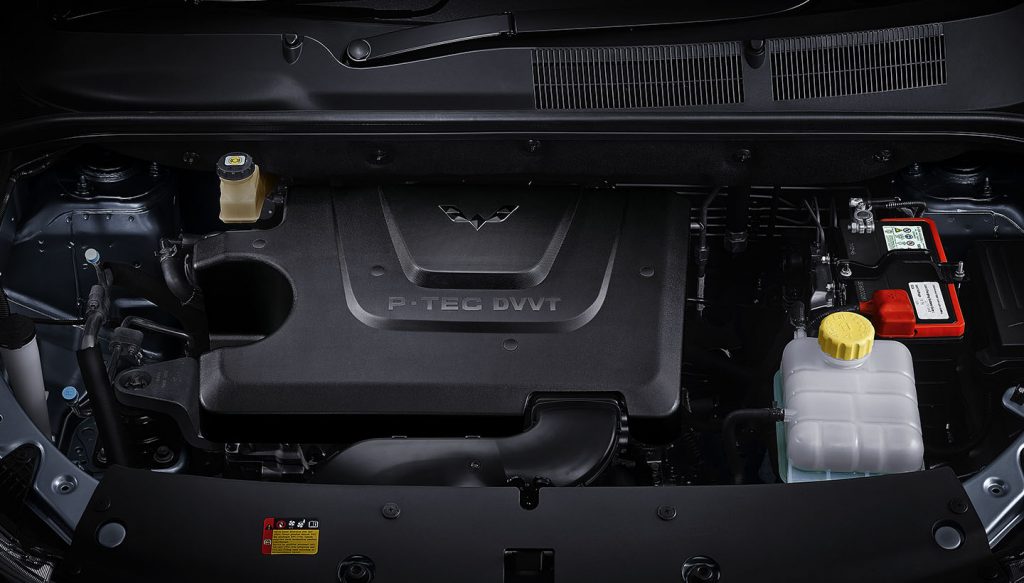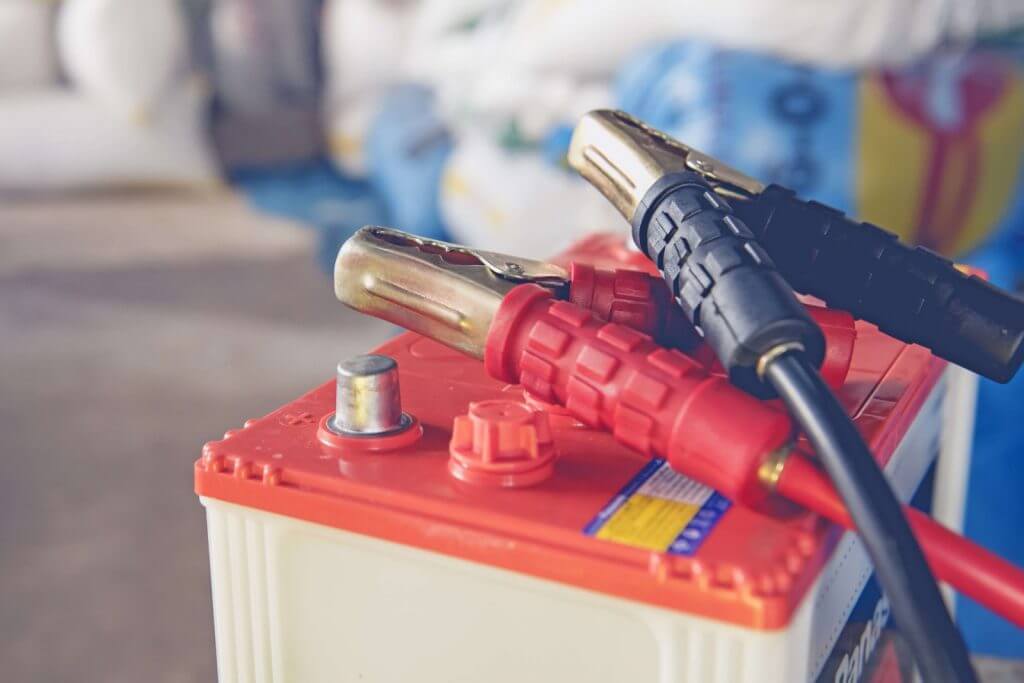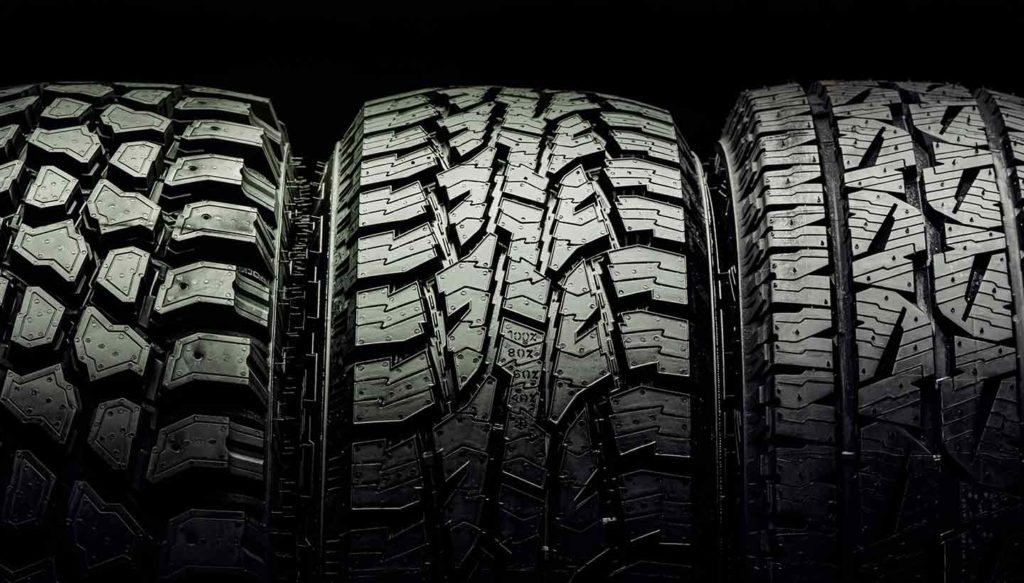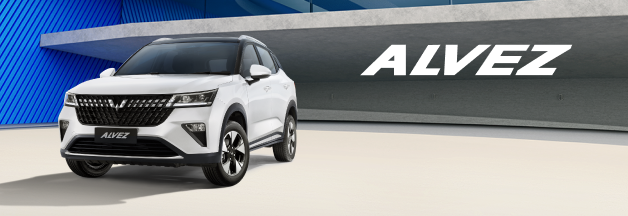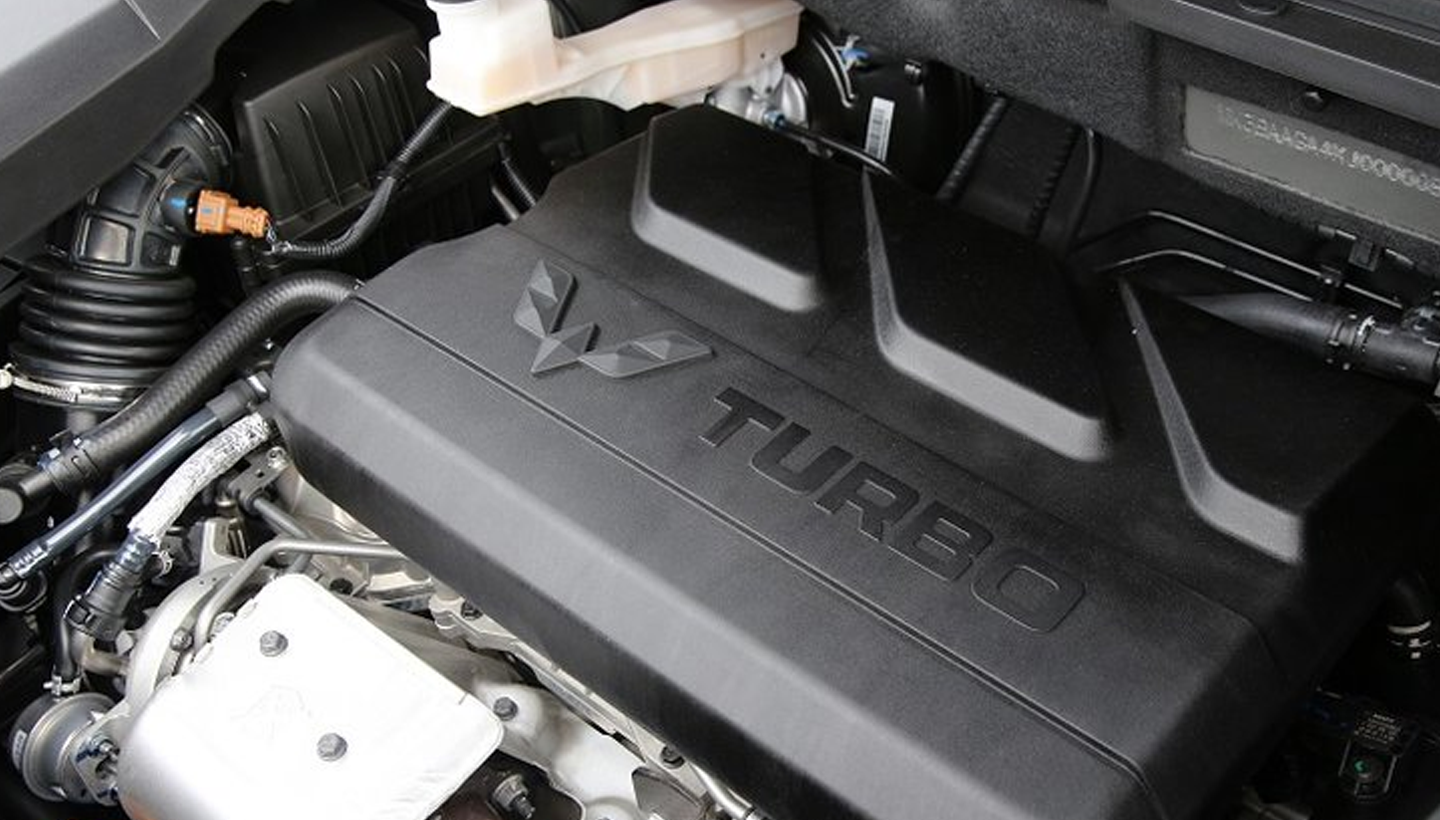
You may often see SOHC or DOHC emblem installed on car engine blocks. But do you know the meaning of these abbreviations? If you don’t know and are curious about the difference between SOHC and DOHC, check out our information below!
SOHC
Both SOHC and DOHC play a significant role in car engines’ efficiency. SOHC stands for Single Over Head Camshaft which implies there is only one camshaft used in the engine. While inline engines only have one camshaft, the flat and a V-shaped engine both have equipped with two camshafts per cylinder.
Baca Juga
Camshafts have usually located in the middle of the cylinder head, hence the SOHC has two valves. One valve serves to regulate the incoming fuel while the other regulates the exhaust gas discharge. The open-close arrangement of the valve has driven by a rocker arm that connects directly to the camshafts. However, nowadays, there are also SOHC engines that have equipped with four valves.
DOHC
DOHC is short for Dual Over Head Camshaft engine. As is implied, there are two camshafts in the engine. In one piston, there are two camshafts that each drive two valves at once. One camshaft controls two valves that work as an entrance for the mixture of petrol and air into the combustion chamber. While the other camshaft controls the openings of the two valves for the exhaust gas outlet.
Baca Juga
Having two valves facilitates a larger capacity of the mixture of petrol and air into the chamber. Moreover, the presence of two valves also makes the engine cooler while using the same operation distribution, hence making driving even smoother without any annoying noise from the engine.
What About Fuel Efficiency?
The four valves attached to the DOHC engine makes it use more power to regulate the two valves. The more energy used, of course, the more fuel consumption it requires. Fuel consumption-wise, the SOHC engine can be considered quite efficient. However, that does not mean DOHC engines are not efficient in terms of fuel consumption.
Keep in mind, though, that the way you drive can also determine the fuel consumption level. In addition to that, the DOHC engine designs also play a role in increasing fuel efficiency.
An example of cars that use DOHC machines is the Wuling Cortez CT. This family-friendly MPV has equipped with a 1,500 cc inline DOHC turbocharged 4-cylinder engine. The engine can make the Cortez CT produce power equivalent to 140 horsepower at 5200 rpm rotation and 250 Nm, of course with efficient fuel consumption. Your excellent driving ability could also increase the fuel efficiency of your DOHC-powered Cortez CT car.
SHARE:







